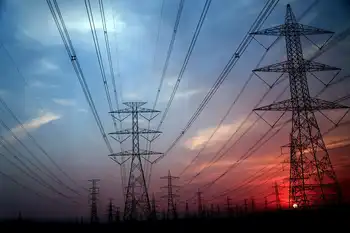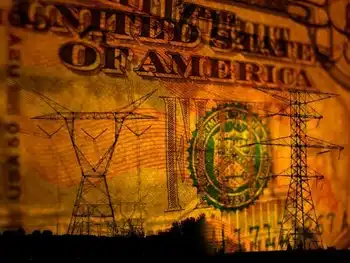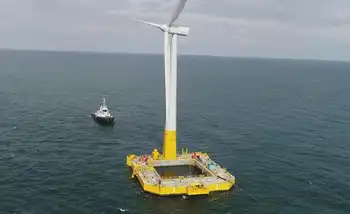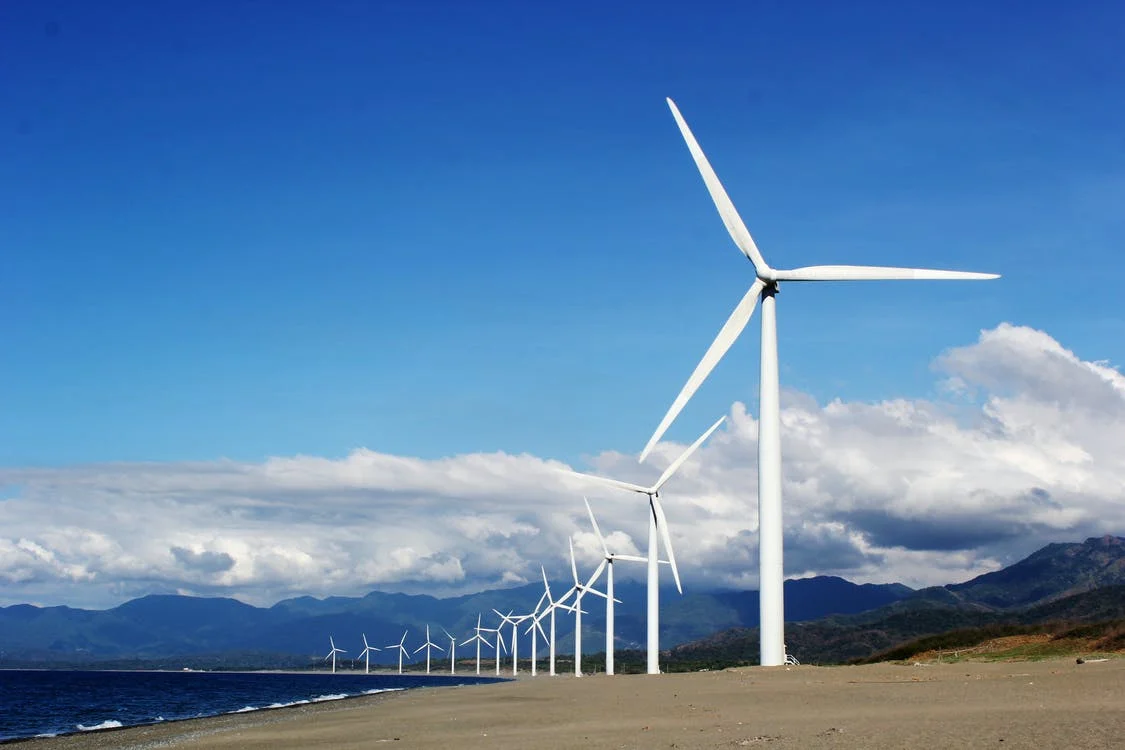Nuclear energy heats up presidential race
By Reuters
Protective Relay Training - Basic
Our customized live online or in‑person group training can be delivered to your staff at your location.

- Live Online
- 12 hours Instructor-led
- Group Training Available
Nuclear power - controversial in the United States and throughout much of the world - is on the agenda of all three U.S. presidential candidates as they seek to diversify the country's energy mix and reduce dependence on foreign oil.
Interviews with top policy advisers to the three White House hopefuls reveal a varied approach to the technology that some observers see as a necessary answer to fighting climate change and others view as expensive and dangerous.
McCain, a Republican senator from Arizona who has wrapped up his party's nomination, is by far the most enthusiastic about the carbon-free fuel source, regularly calling for more nuclear power plants at campaign stops throughout the nation.
"I believe we are not going to reduce greenhouse gas emissions and become energy independent... unless we use nuclear power and use it in great abundance," he said in North Carolina.
McCain adviser Douglas Holtz-Eakin said nuclear power faced an "uneven playing field" from years of political opposition.
"Sen. McCain would eliminate the political obstacles that hinder nuclear power, allow it to compete more effectively, and likely increase its share of the U.S. energy portfolio," he said.
Nuclear energy accounts for about 20 percent of U.S. electricity supply, a figure that could rise if regulations on carbon dioxide emissions are imposed, making greenhouse gas emission-free nuclear plants more attractive.
There are 104 operating nuclear reactors nationwide.
Obama, an Illinois senator and the front-runner for the Democratic nomination, shares McCain's belief that nuclear energy is part of the solution to climate change.
But he opposes new federal subsidies and would work to address concerns about safety and waste storage, senior adviser Jason Grumet said.
"Because of the fact that climate change is a species-challenging dilemma, we don't have the luxury to do anything but try to solve those real problems," associated with nuclear technology, he said.
Clinton, a New York senator, prefers using renewable fuels to fight climate change because of nuclear energy's risks.
"Hillary has real concerns about nuclear power because of the issues around safety, waste disposal and proliferation," policy director Neera Tandem said.
"She opposes new subsidies for nuclear power, but would continue research focused on lowering costs and improving safety."
The key roadblock to new U.S. nuclear plants has been finding a home for nuclear waste. Congress designated Yucca Mountain, 90 miles from Las Vegas, to be the nation's waste repository, but the site is years behind schedule and may never open because of powerful opponents like Senate Majority Leader Harry Reid of Nevada.
The U.S. Nuclear Regulatory Commission has not issued a new nuclear plant license since the mid 1970s and utility companies have balked for years at constructing new sites because of concerns about plant safety and cost overruns.
Despite signs that trend may be changing, environmental group Greenpeace, which opposes nuclear energy because of the serious problem with waste disposal, does not see an industry renaissance on the horizon, said Jim Riccio, the group's nuclear policy analyst in Washington.
He described the Democrats' positions as nuanced. Clinton's energy platform was "better than the others" because of its focus on nonnuclear sources, though she appeared to change her stances in different states, he said.
Both Democrats had received money from nuclear energy companies: Exelon - which has the largest nuclear reactor in the United States - to Obama and Entergy to Clinton, he said.
The industry, meanwhile, welcomed McCain's support and described the Democrats' position as open-minded.
"We're obviously delighted to see Sen. McCain's strong support but that is something that thankfully we've been able to enjoy throughout the Bush administration," said Steve Kerekes of the Nuclear Energy Institute, the industry's main U.S. lobby group. "We would characterize the others as, you know, open-minded on the issue."
The candidates' advisers were less generous in their description of their opponents' positions. McCain criticized both Democrats for their opposition to Yucca Mountain.
"The political opposition to the Yucca Mountain storage facility is harmful to the U.S. interest and the facility should be completed, opened and utilized," McCain adviser Holtz-Eakin said.
Grumet said Obama shared Clinton's concerns about waste and safety but was more committed to working out solutions.
"Sen. Clinton brings attention to what we agree are big problems and says we should focus the attention elsewhere. Sen. Obama sees big challenges and says that because of climate change, we should try like heck to solve them."











